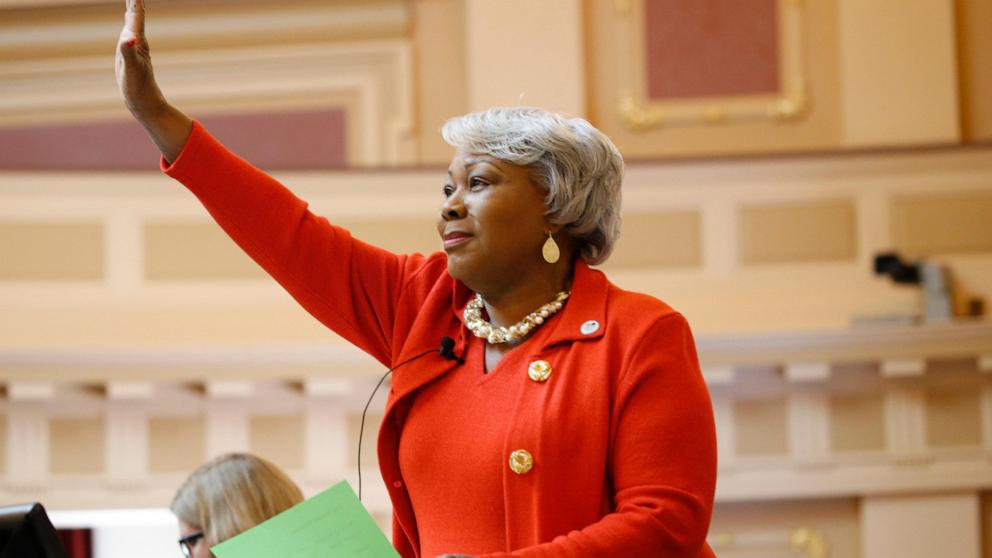Deadly attacks rock Gaza as Israel’s prime minister vows to increase pressure

Israel continued its air strikes on Gaza on Wednesday after Prime Minister Benjamin Netanyahu vowed to increase pressure on Hamas as hopes for a ceasefire plan announced by the US fade.
Political leader of Hamas Ismail Haniya accused Israel of deliberately undermining negotiations on a ceasefire and the release of the hostages because it did not want to end the war.
The Israeli military said it had carried out 25 strikes within 24 hours, targeting “military structures, terrorist infrastructure, terrorist cells and manipulated structures.”
Netanyahu, who has repeatedly promised to wipe out Hamas, stressed on Tuesday that there would be no let-up in Israel’s crackdown on the militants despite increasing pressure.
“This is precisely the right time to increase the pressure even further, to bring all hostages – living and dead – home and to achieve all war aims,” he said.
In a speech to Parliament, he made his position clear: “We have them by the throat; we are on the road to absolute victory.”
Netanyahu recalled that his decision to send Israeli ground troops to Rafah in May had also met with international criticism, including from his most important ally, the United States.
“In the Middle East, it is the strong and determined who are valued, not the weak and fragile,” he said.
The Health Ministry in the Hamas-ruled Gaza Strip said 52 people, most of them women and children, had been killed in Israeli attacks in the past 24 hours.
The United Nations Humanitarian Office (OCHA) said dozens of people were killed or injured in several attacks in the Gaza Strip on Tuesday.
The territory’s civil defense agency said 30 people were killed in three attacks in the Nuseirat refugee camp in central Gaza; one hit a UN-run school, another a house and a third a mosque.
– Talks stall –
In the southern Gaza Strip, two people were killed in an Israeli bombardment of the Shakush region northwest of Rafah, a medical source at Nasser Hospital said.
At least 90 percent of Gaza’s residents have been forced to flee their homes. Many of them have sought refuge in UN schools, seven of which have been hit by Israeli attacks since July 6.
Almost 70 percent of UN-run schools across the Gaza Strip have been hit during the more than nine months of fighting, the UN Relief and Works Agency for Palestine Refugees (UNRWA) said on Tuesday.
“Why are they attacking us when we are innocent people?” asks Umm Mohammed al-Hasanat, who is seeking refuge with her family in a UN-run school in Nuseirat that was also hit.
“We don’t carry weapons, we just sit there and try to find safety for ourselves and our children.”
Washington has been pushing for a ceasefire agreement between Israel and Hamas since President Joe Biden released details of an alleged Israeli ceasefire roadmap on May 31.
But despite the efforts of Egyptian and Qatari mediators, the two conflicting parties made no progress in indirect negotiations.
In a phone call with Turkish Foreign Minister Hakan Fidan late Tuesday, the Hamas leader blamed Israel for the impasse.
“We have welcomed the mediators’ proposals, but the occupying power is avoiding the desired result and does not want to reach an agreement to end its war,” Haniyeh said.
His comments came after a senior Hamas official said on Sunday that the group would withdraw from ongoing talks following Israel’s deadly attacks but was ready to return if its stance changed.
– Hostage families demand agreement –
The war began with Hamas’ unprecedented attack on Israel on October 7, which killed 1,195 people, mostly civilians, according to an AFP count based on Israeli figures.
The militants also captured 251 hostages, 116 of whom are still in Gaza. According to the Israeli military, 42 of them are dead.
Israel responded with a military offensive in which, according to the Gaza Health Ministry, at least 38,794 people were killed, also mostly civilians.
Critics in Israel, including tens of thousands of protesters who took to the streets to demand an agreement to release the hostages, accused Netanyahu of prolonging the war.
The families of five Israeli soldiers among the hostages said on Tuesday they had “begged” the prime minister “to make the deal happen.”
“We are waiting for a personal meeting with you (Netanyahu) to ensure that the negotiations lead to a signed agreement,” said Ayelet Levy, whose daughter was kidnapped on October 7.
burs/kir/



